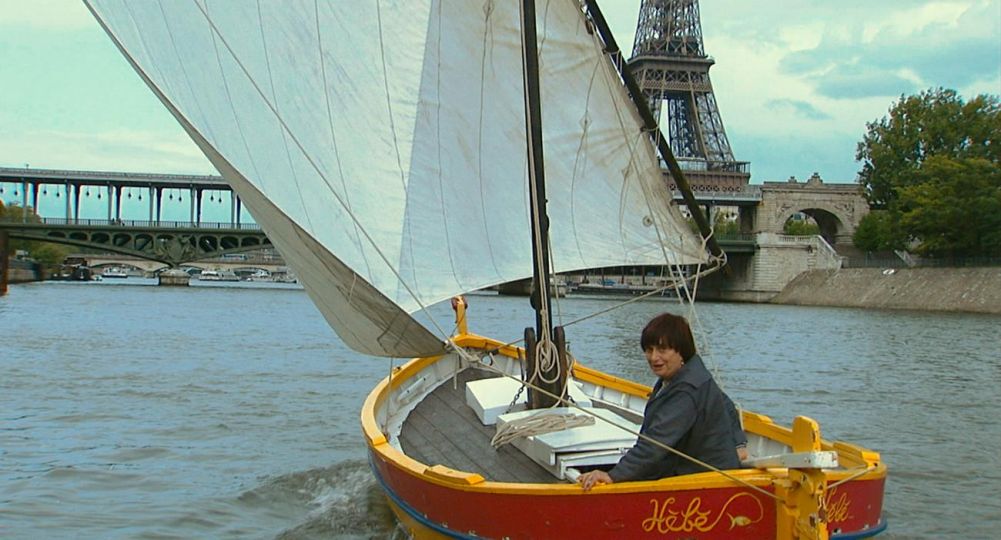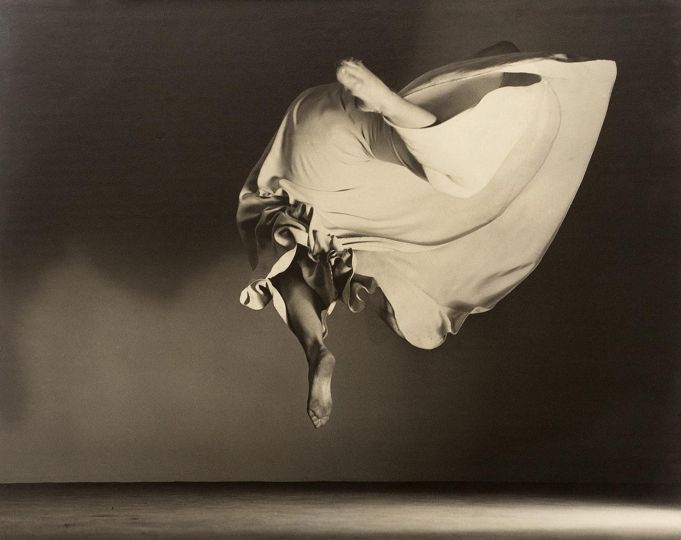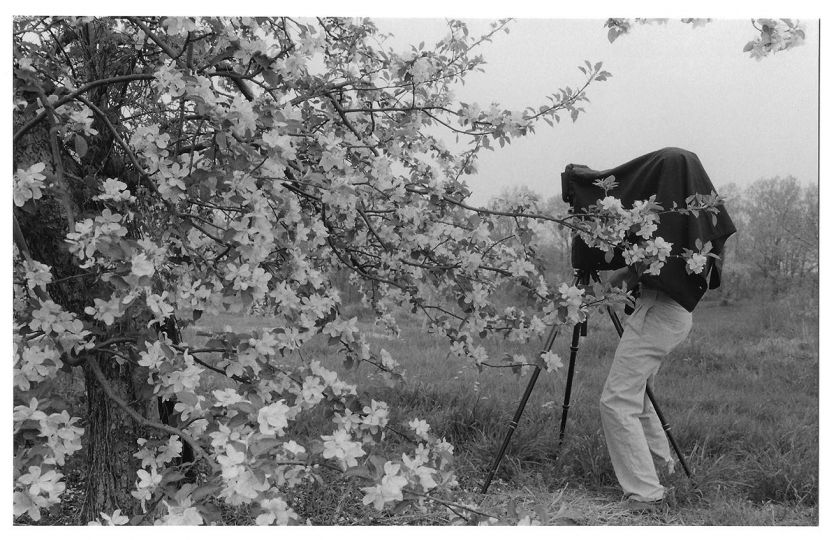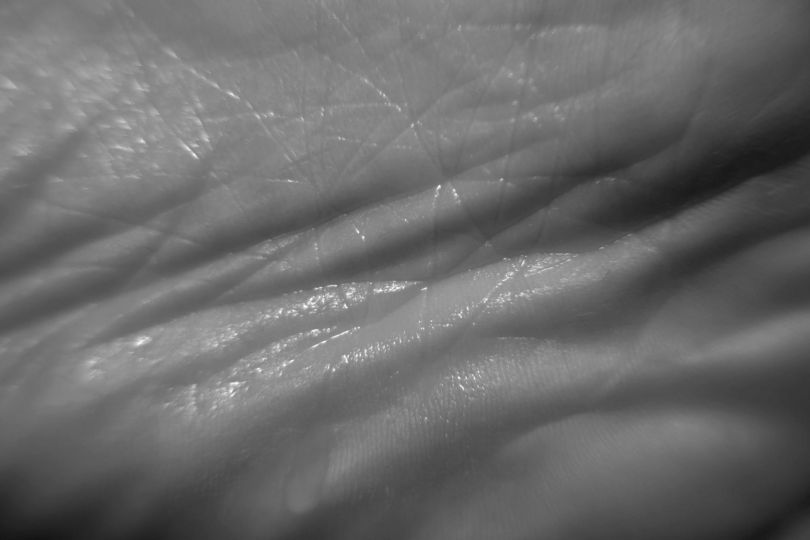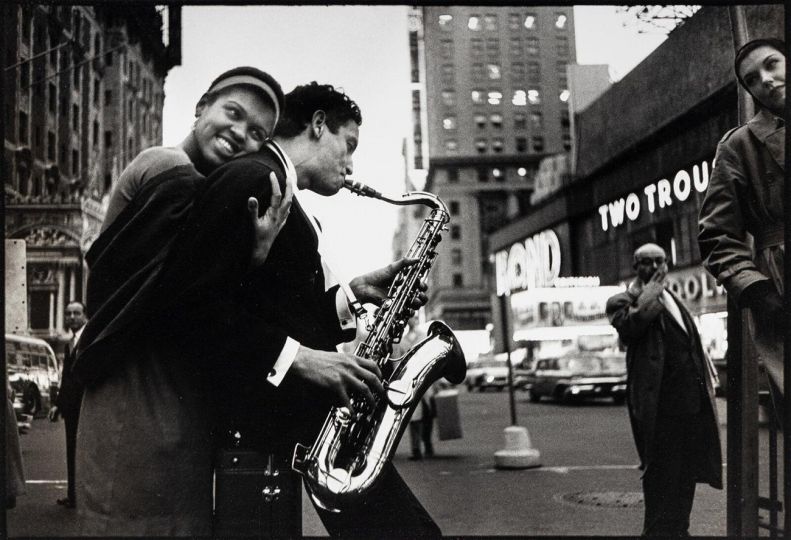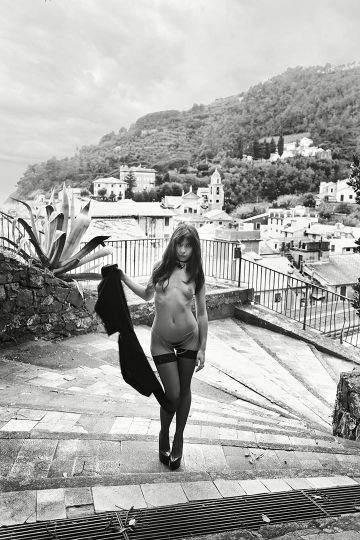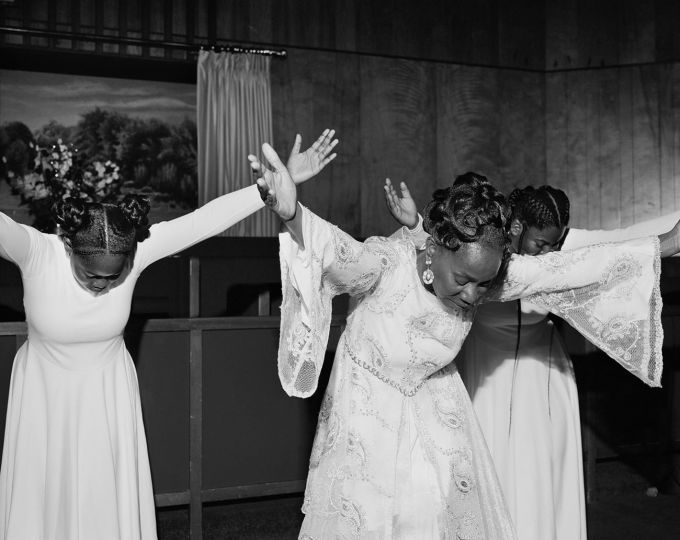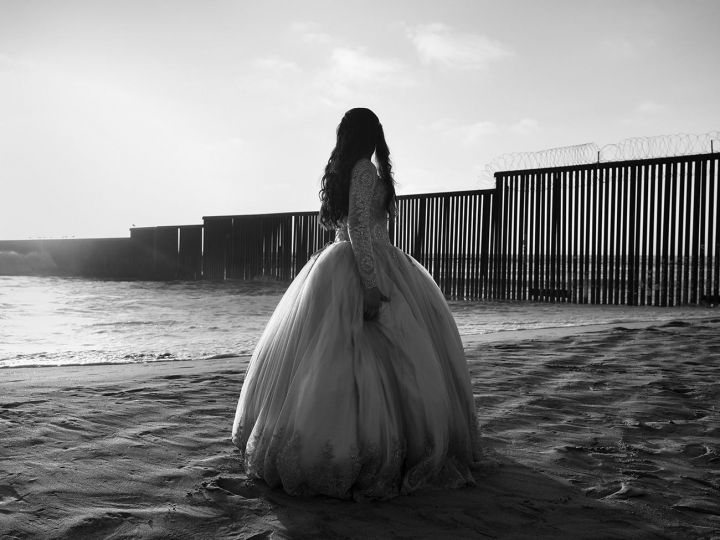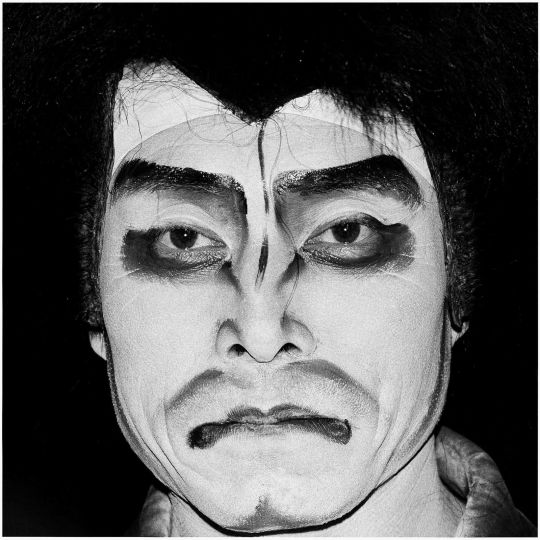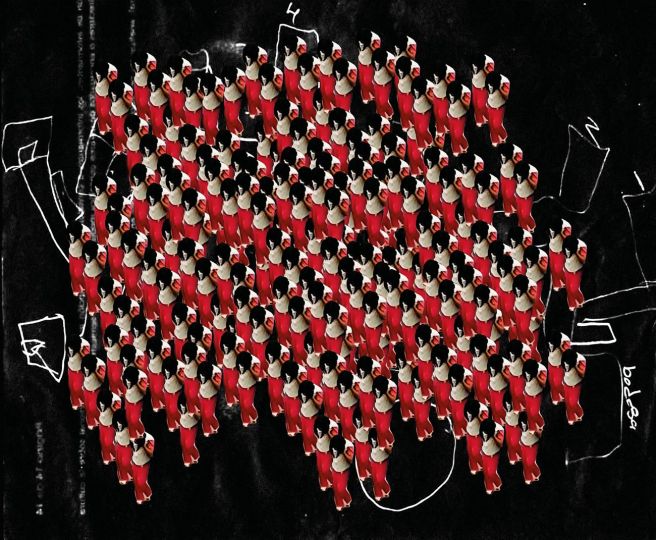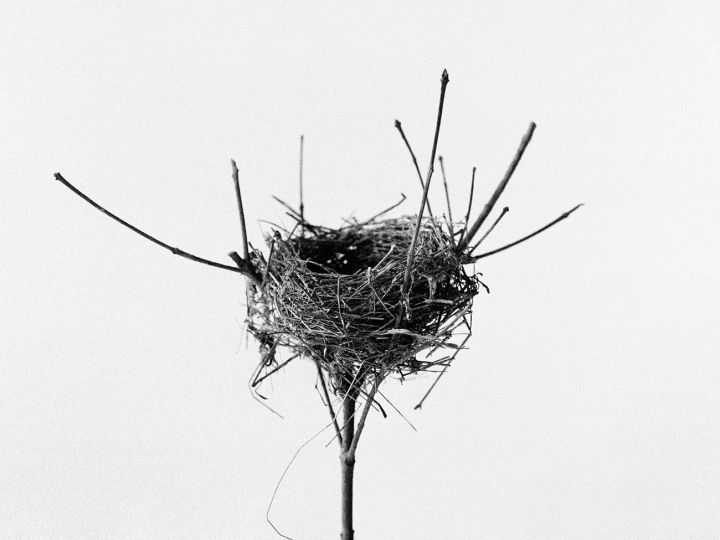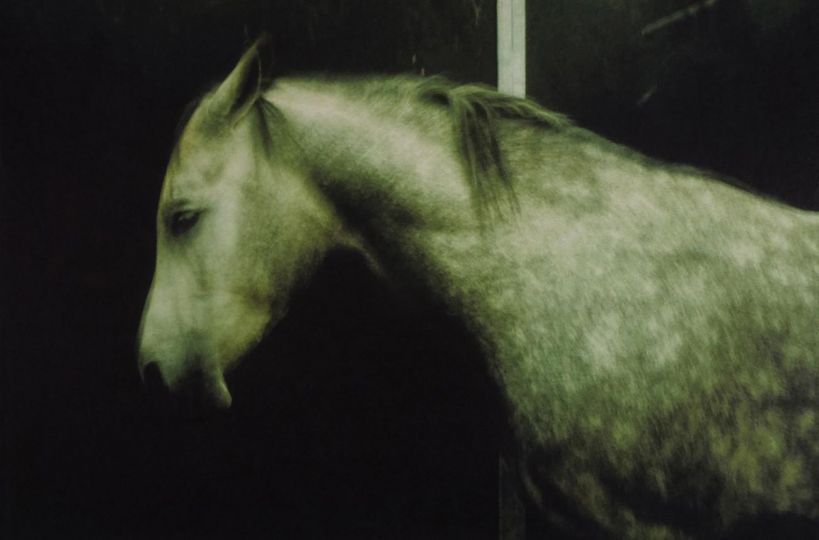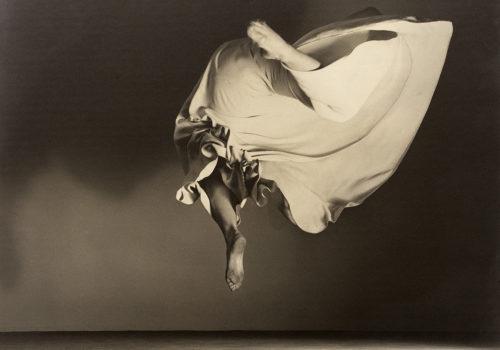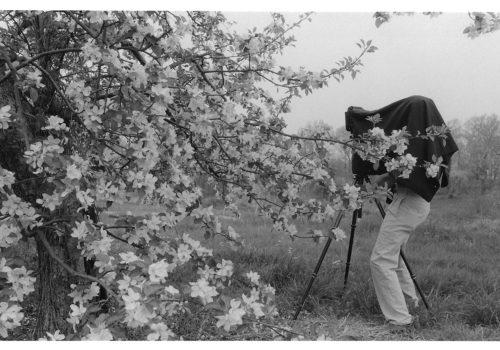Pity little girl. Why are you behaving like death will not come to you? Pity you… May God save you… Hmmmmmmmmmmm.”
This comment was submitted to my blog for approval after I posted a story on Aliaa Magda Elmahdy, the twenty-year old communications major who gained worldwide attention when she posted a naked photograph of herself on Twitter with the hash tag #nuderevolutionaryphoto in October 2011.
In the black and white photograph, she stands facing the camera, the intensity of her gaze heightened by her thigh-high stockings, red shoes, and red bow. Elmahdy told CNN, “I am not shy of being a woman in a society where women are nothing but sex objects harassed on a daily basis by men who know nothing about sex or the importance of a woman. The photo is an expression of my being and I see the human body as the best artistic representation of that. I took the photo myself using a timer on my personal camera. The powerful colors black and red inspire me.” Red, black, and white, the colors of the Egyptian flag.
One year ago, the people of Egypt ousted President Hosni Mubarak from power after he served some thirty years as head of state. In his place a temporary government was put together. Run by SCAF, the Supreme Council of Armed Forces, which has since shown the world that violence and repression are the orders of the day, sparking the flame of revolutionary spirit .
The art of revolution is a powerful thing. It is carried forth by the instantaneous matrix in which we now live. The self-portrait of Elmahdy stands in striking contrast to the traditional representations of Egyptian femininity. In a culture where repression masquerades as modesty, where women are defined by the absence of their individuality, where sexuality is man’s right and woman’s wrong—the naked self portrait is a political act.
In the West, where the female nude has long been considered an object of art, of beauty, and an object unto itself, Elmahdy’s act raises a new set of questions. We have transformed the political into a matter of economics. Women have become celebrities by trading off their bodies. There is money to be made and fame to be paid for baring all before the world. In the twenty-first century in the West, the nude has become a global industry. The fine line between commodification and self-exploitation is easily blurred in a culture where cash is the ultimate reward.
In the West, women are free to use their bodies for any purpose they wish and no longer is this political because that moment has passed. From Judy Chicago’s Dinner Party to Kim Kardashian’s sextape, we talk about progress like it’s a good thing. But maybe it’s more complex than this.
“Aliaa, what a nice name, good physical features, I mean young, fresh and blossoming only with a strong and probably negative heart and ego, surely there are many ways of expressing your feelings and motives than by showing your precious body to the whole world, what now remains for you is to start moving around NAKED. I wonder what religion you are practicing because NO religion promotes this sort of act neither do our (African) traditions and morals. Please find another decent way of expressing yourself, though I don’t know you but I feel I like you to the level of giving you a sensible advise. Thanks and I pray for good things in your life.”
Hassan Aliyu Shehu left this comment on my blog. It’s made me think about the grey areas of the nude self-portrait. To be a woman in Egypt today must be strange. Fighting for freedom from repression, only to encounter it at every turn. Female protesters were subject to virginity tests, where they were stripped naked and checked for an intact hymen in front of army police. That’s rape, and Samira Ibrahim sued. Though she won in civil court, the government representative’s words still send a chill down my spine: “Those tests are not considered a crime or else the file would be in the Criminal Court.”
Ibrahim and Elmahdy are fighting a government and a culture that see the female body as the property of men. The fight over the female body is really the fight over who controls the creation of life. In Western culture, we have finally acceded that women have the power to make the supreme decision: to abort or not. That in itself is a strange thing, but laws are written in black and white, and shades of grey only get in the way.
But the body is more than just the site of life. It is also the representation of the self as Nature has designed. And the impulse to reveal or hide the female form remains disconcerting for the East and the West representing two extremes, neither of them balanced or healthy.
When will the body—both male and female—be seen as a work of Nature, rather than a product of Society? Can we look with love, with admiration, with respect, or will our hearts always fill with lust, with anger, and disgust? Will we celebrate or condemn, will we wrap our fears in religion and groupthink? Will we support or fight the wish for freedom ?
There is no right or wrong answer because the subject of nudity, sexuality, and the female body is a political game no matter who gets to play. Ideas are currency, currency is power. Perhaps the answer is not to be found in the examination of her ideology, but in the way she triggers us to answer for our own.
An anonymous commenter posted these words on my page. I think they best sum up the challenges Elmahdy raises. “I have a daughter her age. I wish Aliaa el-Mahdy protection in her quest to find her voice and her purpose. Although she has the body of an adult woman, she is still a child in her fearless, innocent belief in her own immortality. Her actions hold no more real-world harm than a small baby pulling off her own clothes. I lived for 25 years in Japan where both my daughters were born. They grew up with no shame to join me at the public baths surrounded by men and boys — even into mid-elementary school age. Let us send Aliaa el-Mahdy our most compassionate goodwill, thoughts of safety and success. We must protect this innocently passionate young woman against the storm of rage that threatens to envelop and destroy her. Respect. Love. Protection.”
Sara Rosen

